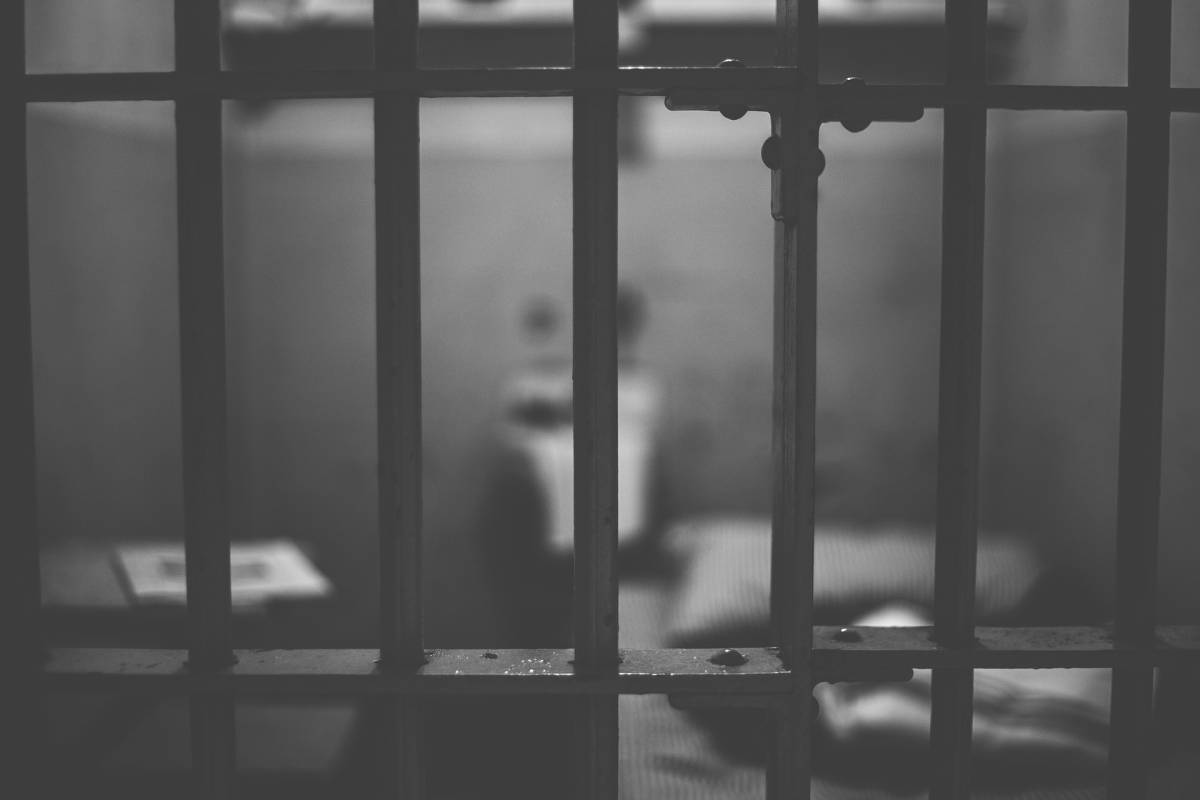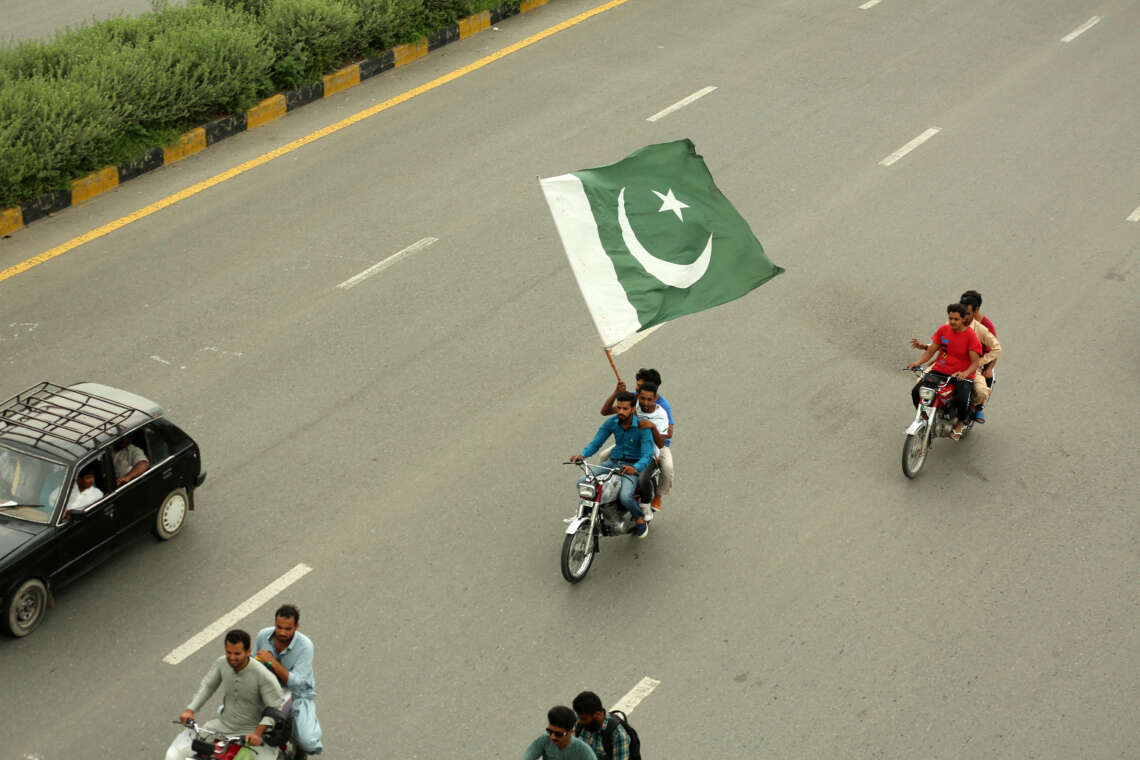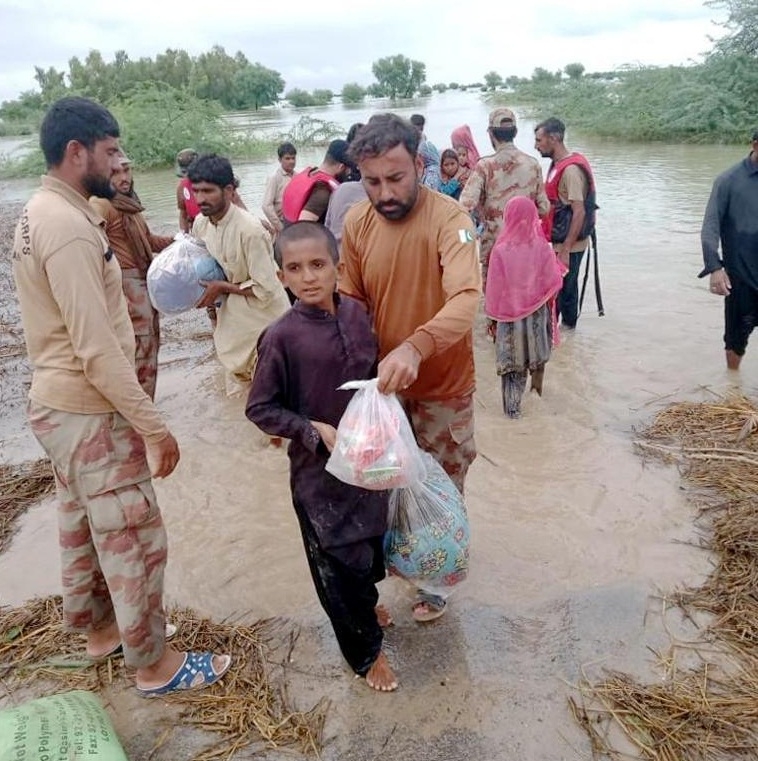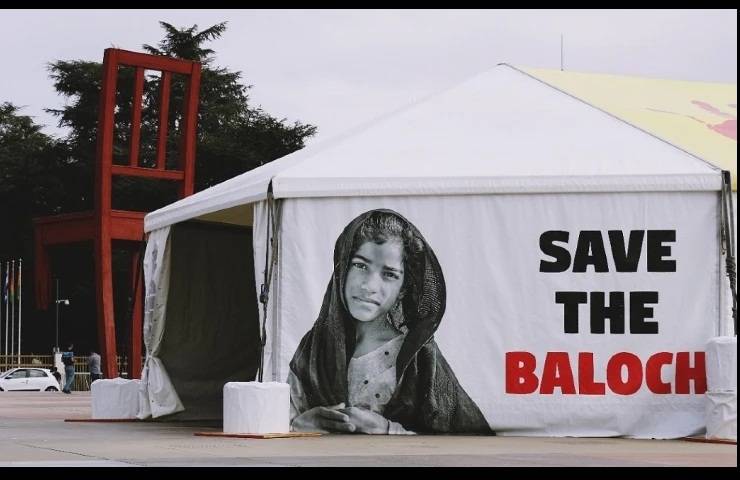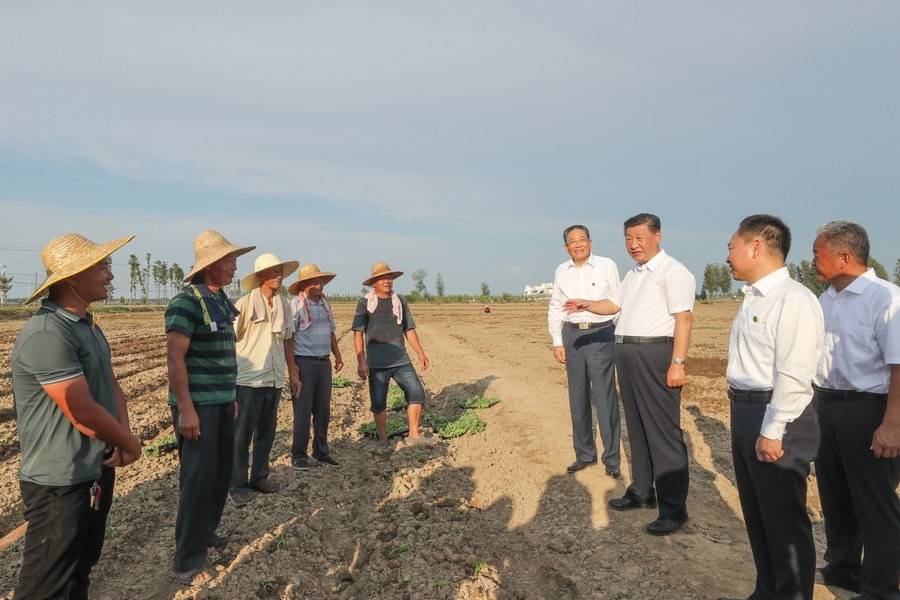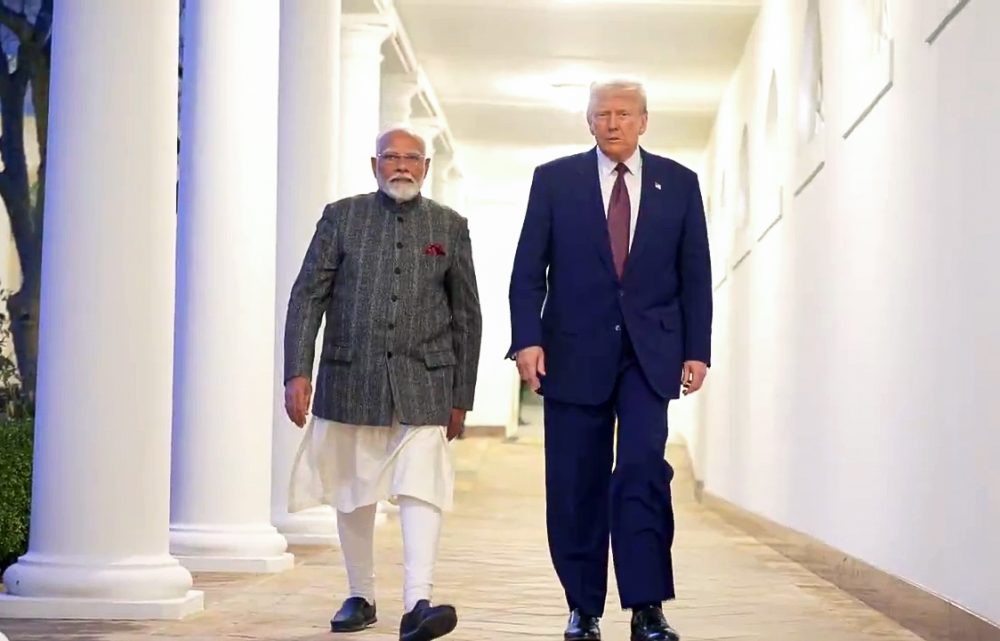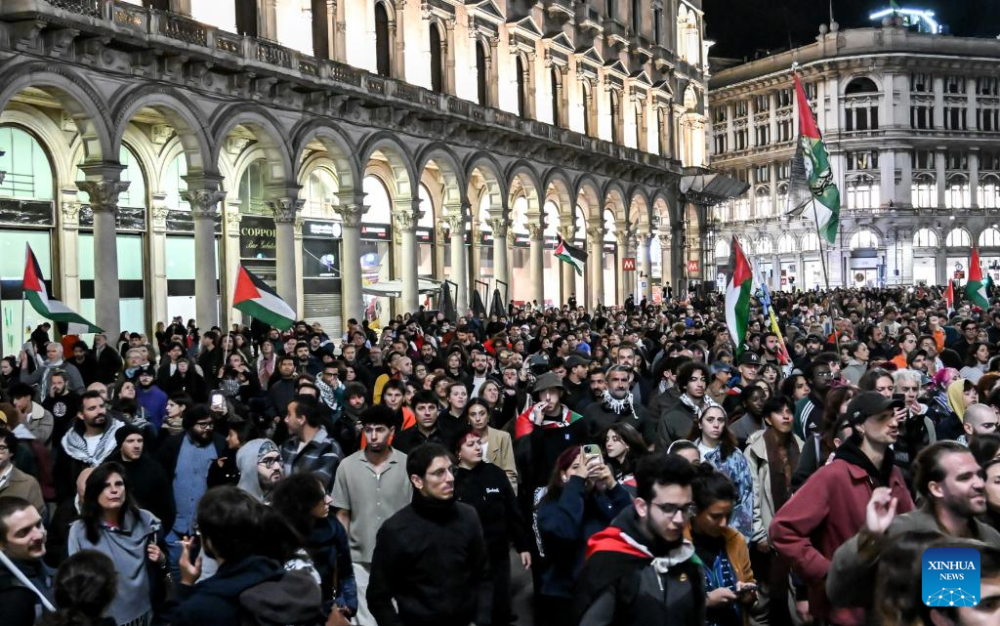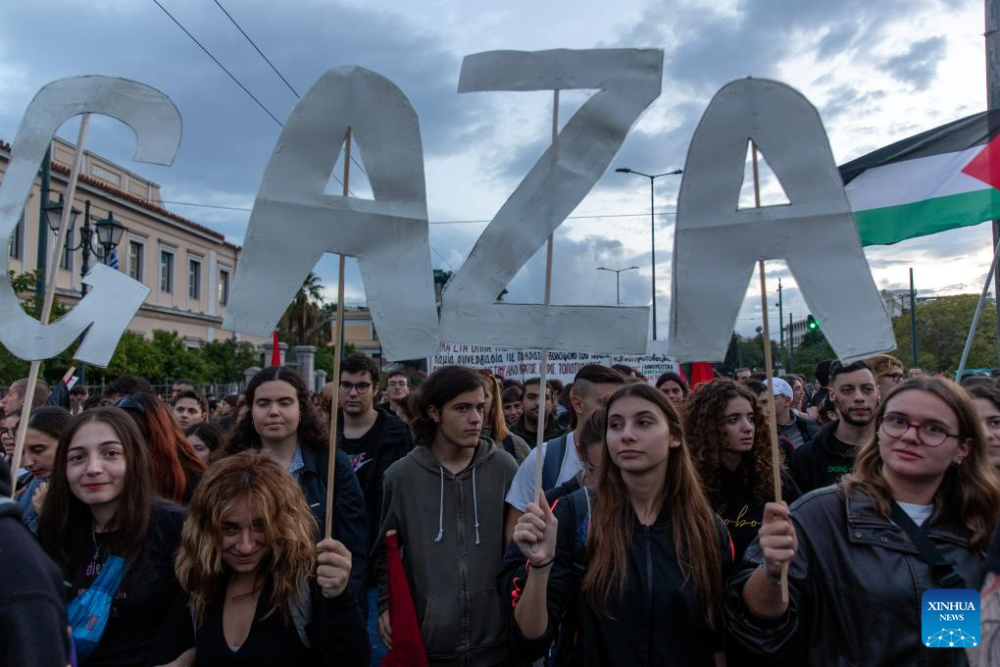There is an urgent need to improve women’s detention access to legal representation …reports Asian Lite News
Women in prisons face discrimination and mistreatment in Pakistan. Many women are subjected to verbal and physical abuse and are even denied medical treatment by prison staffers and other inmates, reported The Nation.
A woman’s experience in prison is frequently one of suffering, injustice, and dashed hopes. Numerous Pakistani women are enduring a reality behind those jail walls that most of us can only comprehend. They fight a system that seems to have forgotten them every day in an effort to survive. Although their cries have been muffled, their suffering cannot be disregarded! Samina Shah, an educationist, philanthropist and social worker, working for the uplift of women in Pakistan said, “Arbitrary detention is one of the most pressing issues faced by women in Pakistani prisons.”
She also said, “Many women are detained without charge or trial, often as a result of cultural and social norms that view women as property and restrict their freedom of movement and association,” adding that a clear violation of international human rights standards, which require that all detainees be afforded due process and a fair trial, as per a report penned by Muhammad Ali Falak in a Pakistan English Daily.
A 27-year-old woman, Shumaila Kanwal died in custody after being arrested on charges of drug trafficking in 2020. Her death brings forward the issue of custodial deaths in Pakistan, which are often affiliated with mistreatment and abuse by police and prison staff.
According to a Human Rights Watch report, the majority of women in Pakistani prisons are being held for drug-related crimes. These ladies are not drug traffickers, but rather low-level couriers or addicts forced to transport drugs. According to the same survey, women in Pakistani prisons suffer severe impediments to legal counsel. This is due, in part, to a lack of resources and skill among legal aid organisations, as well as cultural and societal attitudes that hold women in low regard when it comes to legal representation, according to The Nation.
There is an urgent need to improve women’s detention access to legal representation. This can assist in ensuring that women are not arbitrarily arrested and that their rights are maintained throughout the legal process.
Addressing the cultural and societal attitudes that lead to the maltreatment of women in Pakistani jails is equally important. This necessitates a broader societal transition towards gender equality and women’s empowerment. This can include campaigns to raise awareness about gender-based violence and discrimination, as well as programmes to support women’s education and economic development.
The lack of healthcare services just adds to their anguish. This includes ensuring that women have access to vital drugs and medical equipment, as well as skilled medical professionals who can provide appropriate care. This can help to guarantee that women do not face barriers to critical treatment and that their right to health is maintained, as per a report published in The Nation.
Furthermore, according to the International Committee of the Red Cross, many women in Pakistani jails suffer from untreated illnesses and injuries, owing in part to a shortage of skilled medical staff and poor medical facilities. The World Health Organisation also expressed concern that women in Pakistani prisons are at significant risk of sexual, bodily, and psychological abuse.
The COVID-19 pandemic has further exacerbated the problems.
According to Pakistan Bureau of Statistics data, the number of women in Pakistani prisons has climbed by more than 20 per cent in the last decade. This trend is concerning because it shows that women in jail are not being appropriately protected.
The issue of women in Pakistani prisons is complex and multifaceted, with serious human rights implications. This necessitates a multifaceted approach that involves expanding access to legal representation, improving prison living conditions, expanding access to healthcare services, and addressing cultural and societal attitudes that contribute to the abuse of women in detention. Only by working together can we hope to achieve a more just and equal society for all, regardless of legal status or gender, The Nation reported. (ANI)


